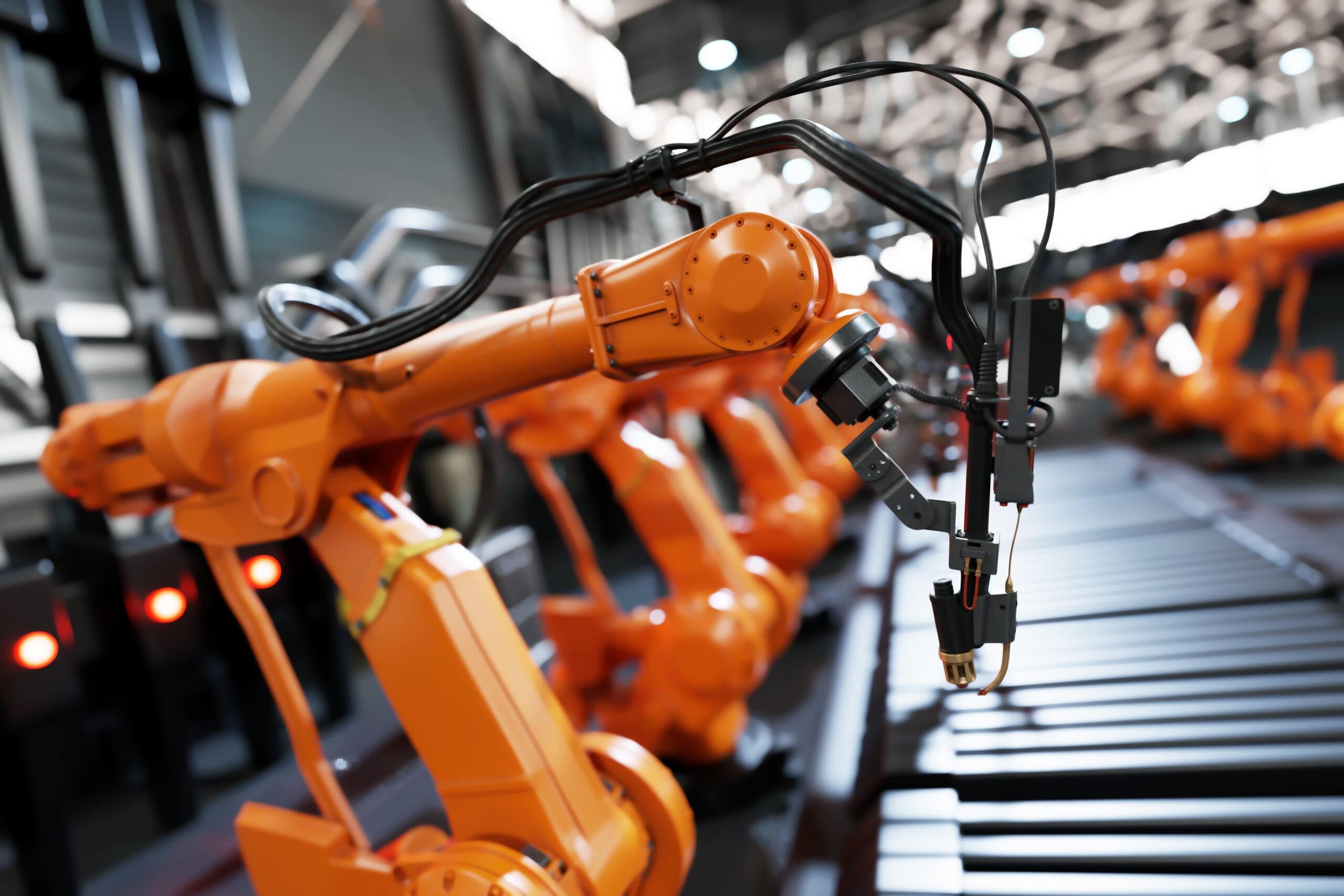By: Eric W. Dolan
Original Post: https://www.psypost.org/2022/02/exposure-to-automation-boosts-support-for-the-radical-right-study-finds-62650
People who are more vulnerable to having their jobs replaced by automation tend to be more supportive of radical right-wing groups, according to new research published in Proceedings of the National Academy of Sciences. This was true even after controlling for factor such as nativism, cultural traditionalism, and globalization.
“With my coauthor, trade economist Italo Colantone, over the past few years we have being studying the political consequences, in terms of voting behavior, of one source of structural change in advanced economies: globalization,” explained Piero Stanig, an associate professor of political science at Bocconi University.
“We show that in European regions more affected by import competition from emerging economies (especially China) there is stronger support for populist radical right parties such as the Front National in France or the League in Italy, and in general for parties that propose nationalist platforms. (Analogous processes have been documented by others in the United States, in particular in the case of Donald Trump, who ran on a nationalist platform with many resemblances to those of the western European radical right.)
“Automation of manufacturing has consequences analogous to globalization: it reduces labor demand for automatable occupations, and, to put it plainly, makes it harder for people to find what in the policy debate are called ‘good jobs,’ i.e. the relatively well paid and stable employment in manufacturing that characterized the ‘golden age’ of advanced democracies in the second half of the 20th century,” Stanig told PsyPost.
“We wanted to study what might be the political consequences of automation, and therefore we joined forces with Massimo Anelli, a labor economist who has written about, among other things, the social consequences of robot adoption also in the United States.”
The researchers analyzed seven waves of data from the European Social Survey. The dataset included information on voting behavior in 13 western European countries between 1999 and 2015. They used data from the European Labor Force Survey to determine exposure to automation.
Stanig and his colleagues found that individuals who were more exposed to automation were more likely to support radical-right parties and radical-left parties. But exposure to automation had a significantly stronger effect on support for the radical right. In addition, exposure to the automation was associated with poorer perceived economic conditions, lower likelihood of having a permanent contract, and lower satisfaction with the government and democracy.
“There are two main takeaways,” Stanig told PsyPost. “The first one is that changes (i.e., the decline) in manufacturing employment in western Europe (and, possibly, in other advanced economies, in particular the U.S.) explain, at least in part, the success of populist radical right parties, and therefore the realignment of the electoral arena in advanced democracies that we have been witnessing especially over the past decade. In simple terms, support for these parties is explained, to a significant extent, by these economic changes.
“The second one is that there are detectable causal effects of labor market vulnerability to automation also on some attitudinal variables: for instance, individuals who are more exposed to automation — workers who risk losing their job due to adoption of robots, or younger job market entrants who cannot find a stable manufacturing job of the type that might have been available to someone with their characteristics one generation earlier — also tend to be more disenchanted with democracy, to perceive threats to their social status, and to be more nativist.”
Exposure to automation was based on several pieces of information : the occupational composition of labor markets in European regions prior to the recent surge of robotization; measures of the automatability of each occupation; the skill level of individuals; their demographic characteristics; and the pace of robot adoption in a given country at a given point in time.
“It is definitely tricky to assess the vulnerability of a given worker to automation,” Stanig said. “The novel methodology we propose combines different types of information (individual characteristics, historical characteristics of the labor market in the region of residence, scores of automatability for different occupations, and actual number of robots installed in a given country at a given point in time) and gives us sufficient leverage to document a systematic (and plausibly causal) relationship. But there are potentially very high returns to coming up with new measures and collect more fine-grained data.”
Stanig also noted that there are many factors, besides exposure to automation, that influence support for radical-right political groups.
“Framing questions about the role of economic distress, as opposed to culture, in the electoral realignment as an either/or matter is unproductive, and potentially misleading,” he explained.
“Hence our study should not be read as implying that labor-market driven distress is the only or the main explanation of the success of radical right parties in western Europe, and that other, more sociological/cultural variables do not matter. Conversely, our study should be read as documenting rigorously one of the processes that contribute to an inherently multi-causal phenomenon of political change and electoral realignment.”
“We suspect that the reason why the reaction to economic distress driven by automation (and globalization) has taken the specific right-wing form it took is, at least in part, the decline of labor unions,” Stanig added. “Therefore we are collecting fine-grained data on unionization rates, by industry and region, for all the main western European economies, over the past two decades. This will allow us to test whether this channel is an important one.”
The study, “Individual vulnerability to industrial robot adoption increases support for the radical right“, was authored by Massimo Anelli, Italo Colantone, and Piero Stanig.


















